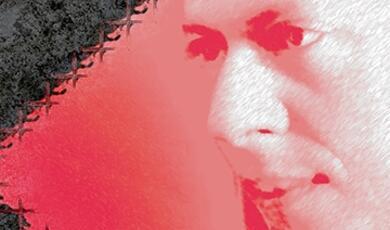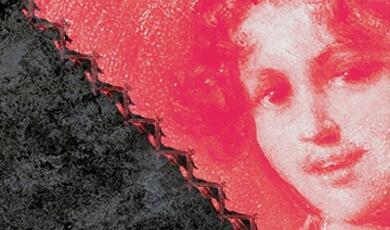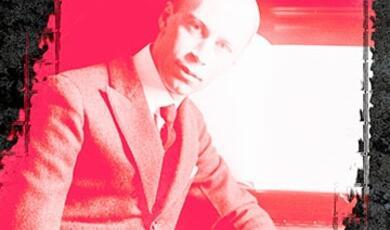This course will focus on the relationship between composers and the Soviet state during the Stalin years (1929-1953).
The period of relative artistic freedom in the 1920s, which resulted in the flowering of extreme modernist trends as well as the emergence of rough-hewn ‘proletarian music’, ended with the gradual centralization of control over culture that unfolded between 1929 and 1936. The infamous ‘Lady Macbeth affair’ of 1936 not only threatened Shostakovich’s career, but issued a strong warning to artists in every field that the new doctrines of Socialist Realism were to be taken seriously. By trial and error, Soviet composers eventually worked out what Socialist Realism meant for their art: a transparent and conservative style of music, often relying on folk-derived themes.
There was a struggle over the boundaries by composers with stronger individual vision, like Shostakovich, Prokofiev, Myaskovsky, Khachaturian and Popov, who sometimes won official praise for the high quality of their work, but at other times faced setbacks and censure. The course will be illustrated by the presentation of archival materials, video and audio illustrations, and live music.


 Login
Login






